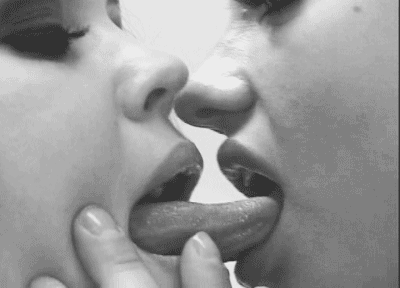#tongue sucking
Text

Tongue Sucker
375 notes
·
View notes
Text

Omg como deseo un helado de nuevo. ¿Quién me regala una? 🍦💓
#pretty girls#beauttiful girls#girls icons#colombian girl#amazing beauty#tumblr girls#cuteness#colombian women#sexy ebony#my candy love#gift me#suck it and see#tongue sucking#hot as hell#hot nude#milklove#ice cream
152 notes
·
View notes
Text
135 notes
·
View notes
Text

#silver tongues#music video#new music#playlist#music#art#musica#musician#songs#tunes#pop music#tongue sticking out#speaking in tongues#twitching tongues#choke#neck#throat#fingers#tongue sucking#mouth#sethen norris
16 notes
·
View notes
Text

Childish side of me. 😜
I love lollipop ❤
#orange lingerie#lingerie#lollipop#lickit#tongue sucking#tongue out#sexy babygirl#baby giiiirl#baby blue eyes#hotandhorny#hot nerd#hotbabe
28 notes
·
View notes
Text
Understanding Tongue Sucking: Causes, Consequences, and Effective Solutions

Introduction:
Tongue sucking is a common habit observed in both children and adults, often overlooked but potentially harmful if left unaddressed. This article delves into the underlying causes, potential consequences, and effective strategies to curb this habit and promote oral health.
Causes of Tongue Sucking:
Tongue sucking typically stems from various factors, including psychological, developmental, and environmental influences. In children, it may arise as a soothing mechanism or in response to stress, anxiety, or boredom. Moreover, certain oral issues such as improper alignment of teeth or ankyloglossia (tongue-tie) can contribute to the development of this habit. In adults, tongue sucking may persist from childhood or emerge as a coping mechanism for stress or other emotional triggers.
Consequences of Tongue Sucking:
While tongue sucking may seem harmless, it can lead to significant dental and orofacial complications over time. Prolonged and vigorous sucking can exert pressure on the teeth, causing misalignment or malocclusion. Additionally, it may interfere with the normal development of the palate and jaw, resulting in speech impediments or difficulty swallowing. Moreover, chronic tongue sucking can contribute to oral hygiene issues, such as increased plaque accumulation and heightened risk of dental decay.
Effective Ways to Stop Tongue Sucking:
Addressing tongue sucking early is crucial to prevent long-term dental problems. Parents and caregivers can play a pivotal role in identifying and addressing this habit in children. Positive reinforcement, encouragement, and praise for not engaging in tongue sucking can be effective strategies. Additionally, consulting with a pediatric dentist or orthodontist can provide valuable insights and personalized interventions, such as habit-breaking appliances or behavior modification techniques.
In adults, breaking the habit of tongue sucking may require a concerted effort and commitment. Awareness of triggers and finding alternative coping mechanisms for stress or anxiety can help mitigate the urge to suck the tongue. Seeking support from a therapist or counselor to address underlying psychological factors contributing to the habit may also be beneficial.
Conclusion:
Tongue sucking is a habit that can have lasting implications on oral health if not addressed promptly. By understanding the causes, consequences, and effective strategies to stop tongue sucking, individuals can take proactive steps to preserve their dental well-being. Whether in children or adults, early intervention and consistent efforts to break the habit can pave the way for a healthier oral environment and improved overall quality of life.
0 notes
Text
youtube
youtube
5 weeks old kitten keeps puling the water+milk bottle down with enough force to lift himself up completely on only 6 claws, but he keeps pushing the bottle too far down. this makes bottle-feeding-in-a-standing-position the fastest method, only laying lower when the tongue is a vacuum pump Latch.
#kitten#youtube#cute kitty#kittycat#kittens#black cat#cute cat#milk#cute animals#standing#tongue sucking#Youtube
1 note
·
View note
Text

......
#speaking in tongues#silver tongues#music#songs#tongue sticking out#tongue sucking#twitching tongues#mouth#fingers#neck#choke#throat#pop music#musician#art#tunes#playlist#new music#music video#musica#sethen norris
2 notes
·
View notes
Text
لَسَن
(محبوب کی) زبان چوسنا .
#لَسَن#(محبوب کی) زبان چوسنا .#زبان چوسنا#محبوب کی زبان چوسنا#urdu#اردو#tongue kissing#tongue sucking
0 notes